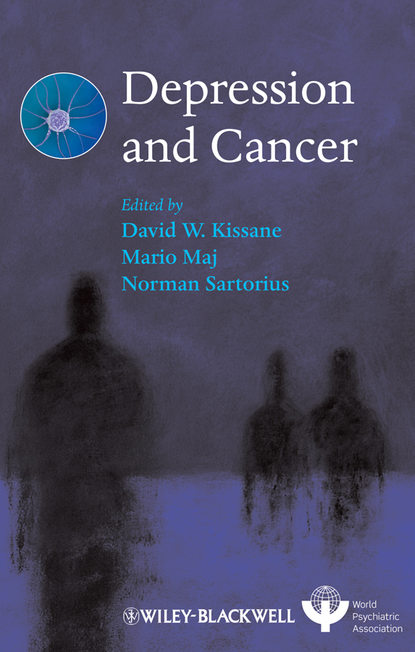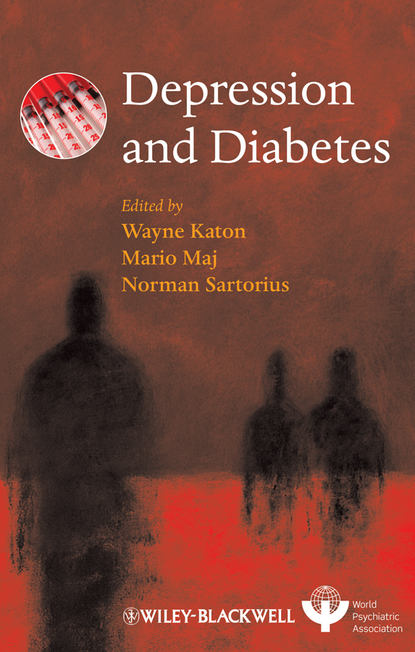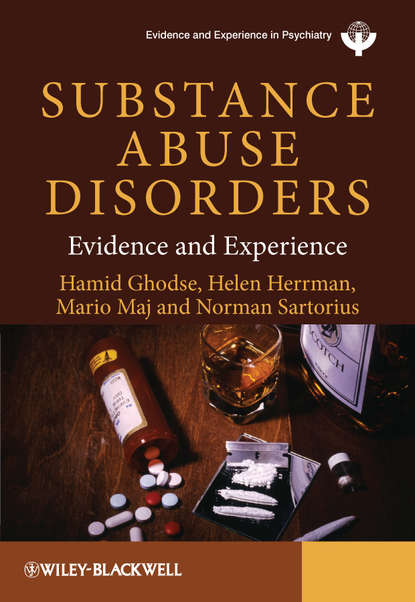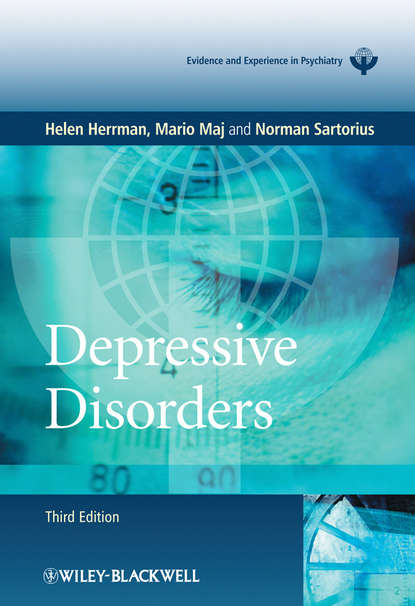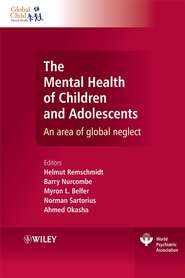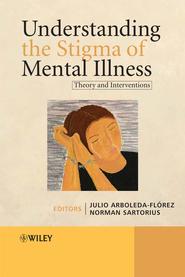Книги автора Norman Sartorius
Norman Sartorius
приключения, современная русская литература, книги о приключенияхRecently, there has been a growing awareness of the multiple interrelationships between depression and cancer. Depression and Cancer is devo…
Recently, there has been a growing awareness of the multiple interrelationships between depression and cancer. Depression and Cancer is devo…
Norman Sartorius
манга / манхва / маньхуа, вебтунIn recent years, there has been a growing awareness of the multiple interrelationships between depression and various physical diseases. The…
In recent years, there has been a growing awareness of the multiple interrelationships between depression and various physical diseases. The…
Norman Sartorius
руководства, общая психология, просто о бизнесеRecently, there has been a growing awareness of the multiple interrelationships between depression and various physical diseases. Patients w…
Recently, there has been a growing awareness of the multiple interrelationships between depression and various physical diseases. Patients w…
Norman Sartorius
биографии и мемуары, популярно об историиSubstance abuse disorders are among the most prevalent psychiatric disorders and are frequently comorbid with other psychiatric and health c…
Substance abuse disorders are among the most prevalent psychiatric disorders and are frequently comorbid with other psychiatric and health c…
Norman Sartorius
переговоры, успешные переговоры, лидерствоDepressive disorders have profound social and economic consequences, owing to the suffering and disability they cause. They often occur toge…
Depressive disorders have profound social and economic consequences, owing to the suffering and disability they cause. They often occur toge…
Norman Sartorius
сказки, детские приключения, героическое фэнтезиThis book describes clearly how legislation can be used to advance the rights and entitlements of people with mental health problems. Straig…
This book describes clearly how legislation can be used to advance the rights and entitlements of people with mental health problems. Straig…
Norman Sartorius
стихи и поэзия, серьезное чтение, cтихи, поэзияThis title provides a comprehensive overview of clinical, epidemiological, psychobiological, psychosocial and service organization aspects o…
This title provides a comprehensive overview of clinical, epidemiological, psychobiological, psychosocial and service organization aspects o…
Norman Sartorius
учебная и научная литература, учебники и пособия для вузов, знания и навыкиFrom Chapter 1 «Depression, like many other mental disorders, is characterised by the presence of a number of symptoms which are changeable …
From Chapter 1 «Depression, like many other mental disorders, is characterised by the presence of a number of symptoms which are changeable …
Norman Sartorius
газетыThis series acknowledges the substantial gap that still exists in psychiatry between research evidence and clinical practice: clinicians are…
This series acknowledges the substantial gap that still exists in psychiatry between research evidence and clinical practice: clinicians are…
Norman Sartorius
словари, языковые словари, изучение языков, немецкий язык, лексический материал, знания и навыкиAround the world, a vast number of children and adolescents suffer from mental and neurological disorders and only a small proportion of the…
Around the world, a vast number of children and adolescents suffer from mental and neurological disorders and only a small proportion of the…
Norman Sartorius
словари, языковые словари, изучение языков, иностранные языки, двуязычные словари, лексический материал, датский язык, знания и навыкиMany mentally ill people are the victims of stigma, which leads to additional suffering and humiliation. Negative stereotypes and prejudicia…
Many mentally ill people are the victims of stigma, which leads to additional suffering and humiliation. Negative stereotypes and prejudicia…
Norman Sartorius
мистика, русская классика, литература 19 векаAccording to the World Health Organization’s World Health Report 2001, one family in four worldwide has at least one member currently suffer…
According to the World Health Organization’s World Health Report 2001, one family in four worldwide has at least one member currently suffer…
Norman Sartorius
стихи и поэзия, серьезное чтение, cтихи, поэзияBipolar disorder is a serious mental disorder involving episodes of serious mania and depression and affects approximately one to three perc…
Bipolar disorder is a serious mental disorder involving episodes of serious mania and depression and affects approximately one to three perc…
Dementia is most frequently associated with aging and is, at present, under-diagnosed and under-represented all over the world. Discrepancie…
Norman Sartorius
учебная и научная литература, учебники и пособия для вузов, сельское и лесное хозяйство, растениеводство, учебники и пособия для ссузов, сельское хозяйство, знания и навыкиResearch evidence concerning the precursors (a sign or symptom that heralds another) and prodromes (an early or premonitory symptom of a dis…
Research evidence concerning the precursors (a sign or symptom that heralds another) and prodromes (an early or premonitory symptom of a dis…
Norman Sartorius
социологияObsessive-compulsive disorder is probably the psychiatric disorder for which most significant progress has been made on the last 20 years co…
Obsessive-compulsive disorder is probably the psychiatric disorder for which most significant progress has been made on the last 20 years co…








